Peter Szijjarto posted a message on his social media page. "Oil shipments to Hungary have stopped again!" the Minister of Foreign Affairs and Trade wrote on Facebook.

"During the night we received news that once again – for the third time in a short period – the Druzhba ("Friendship") oil pipeline was attacked at the Russian–Belarusian border. Oil shipments to Hungary have been halted again," Hungary's Foreign Affairs and Trade Minister Peter Szijjarto announced in a post.
This is another attack on our country’s energy security, another attempt to drag us into the war. It will not succeed,
Szijjarto wrote on Facebook. “We will continue to support every effort for peace and we will defend our national interests.”
Earlier this week, Budapest had also reported that the pipeline had been targeted, temporarily halting supplies. At the time, Szijjarto called the disruption “outrageous and unacceptable.”
From the very beginning, the Hungarian government has emphasized that making energy supplies a target represents a dangerous escalation of the war, one in which Hungary does not wish to participate, neither militarily nor economically.
According to the Foreign Minister, these events also prove that the consequences of the war are affecting Europe with increasing severity, and therefore an immediate ceasefire and peace negotiations are needed.
The Druzhba ("Friendship") pipeline, built by the Soviet Union in the 1960s, is one of the world’s largest oil transport systems, and delivers crude oil from Russia to Central Europe.
The more than 4,000-kilometer-long pipeline starts in Russia, then passes through Belarus and Ukraine before splitting into two main branches: one supplying Poland and Germany, the other supplying Slovakia, Hungary and the Czech Republic.
The vast majority of Hungary’s oil imports still arrive through this pipeline today, making it strategically vital for the country’s energy security. However, in recent months, due to acts of war, the pipeline has repeatedly become a target of attacks, causing disruptions in supply.
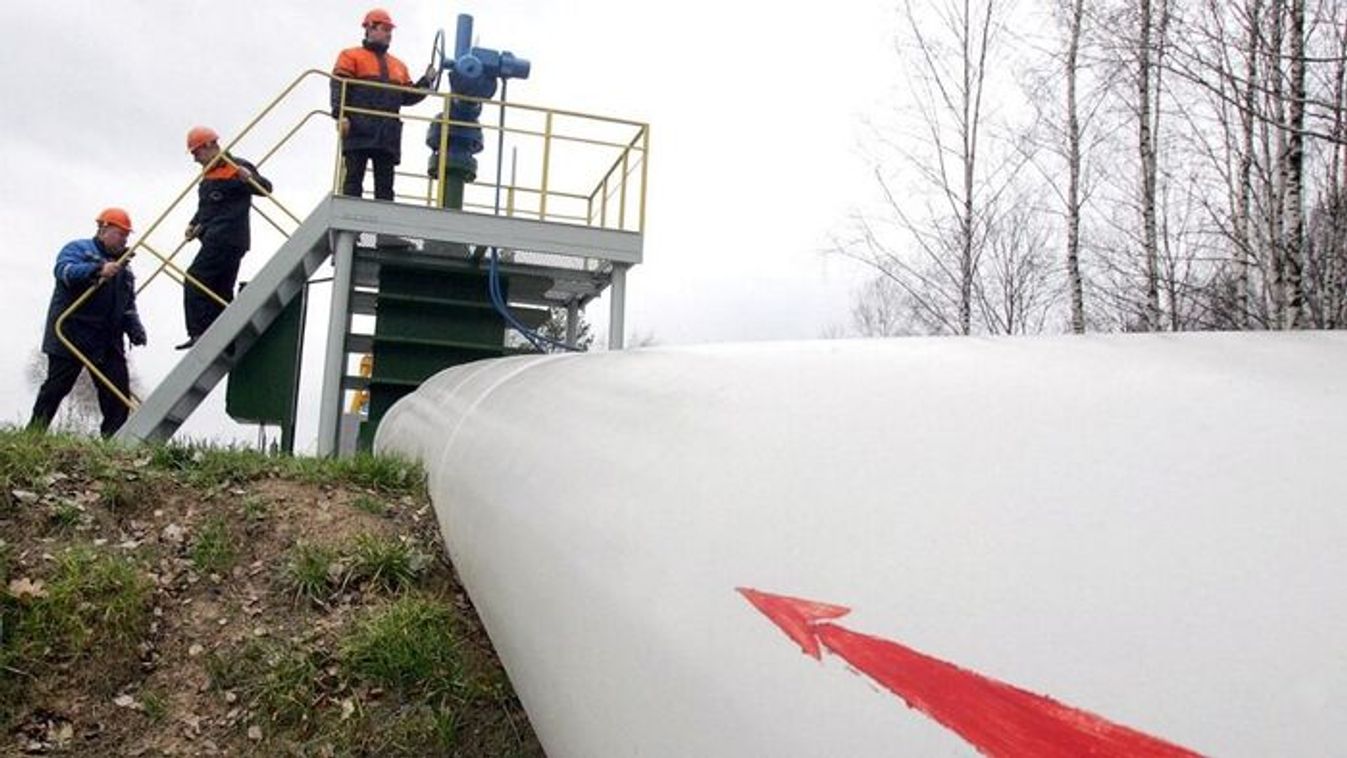

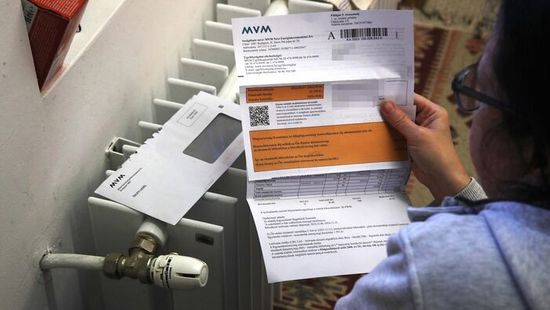



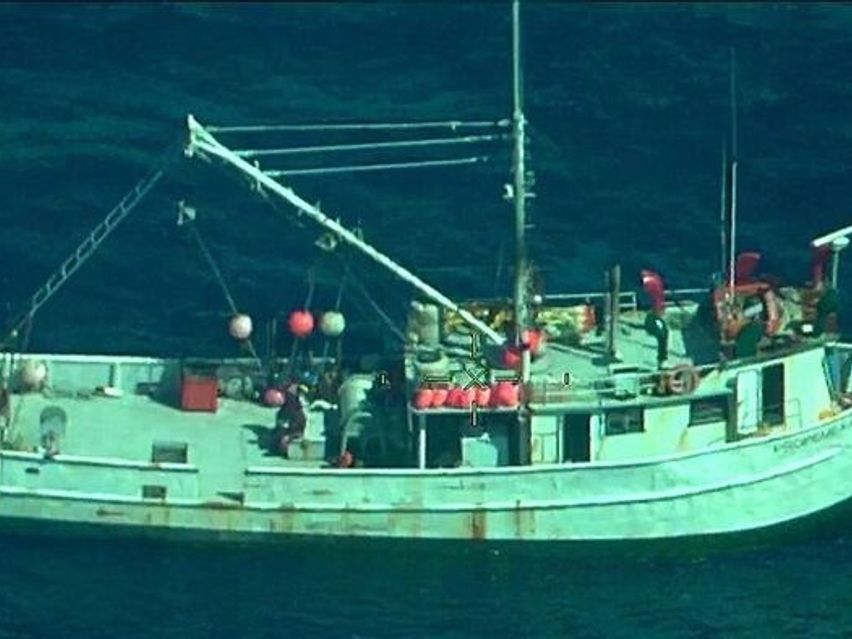





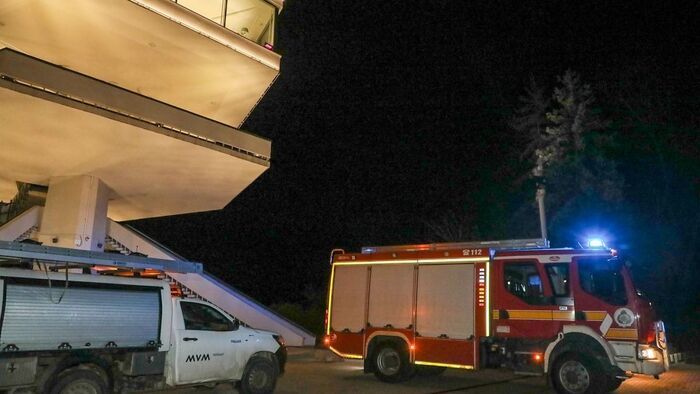


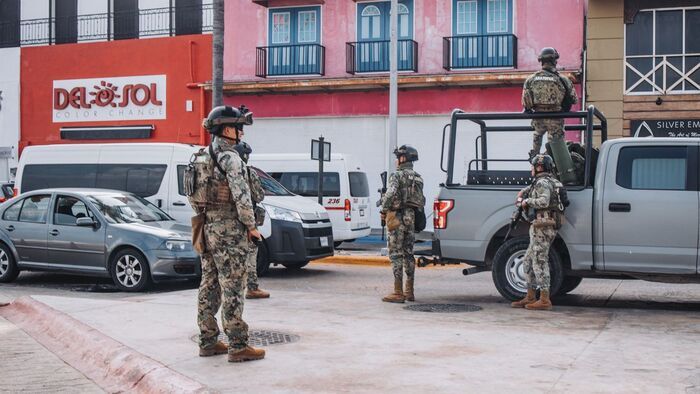
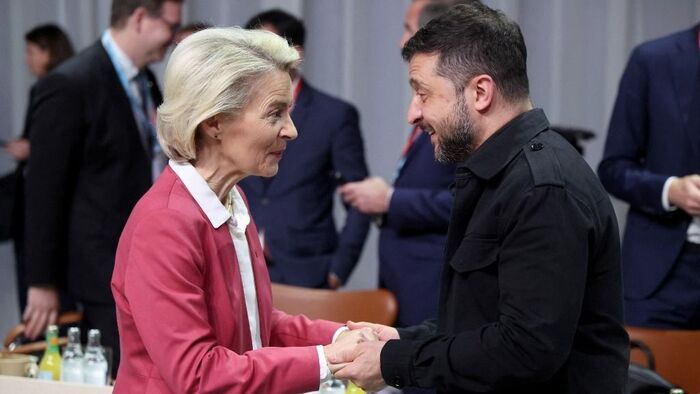





Szóljon hozzá!
Jelenleg csak a hozzászólások egy kis részét látja. Hozzászóláshoz és a további kommentek megtekintéséhez lépjen be, vagy regisztráljon!